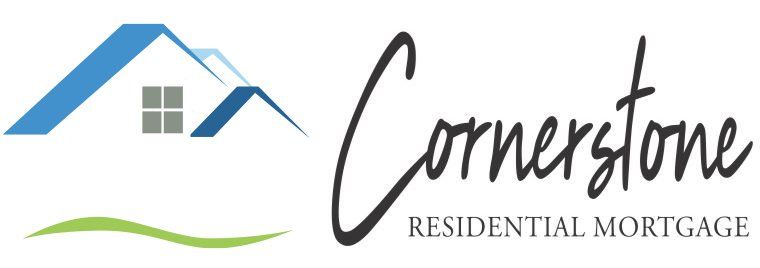Avoid Becoming House Poor | Cornerstone Residential Mortgage
- By Cornerstone
- •
- 18 Feb, 2022

Do you risk becoming what is known as house poor? If you are not sure, now is a good time to learn about this important financial term and the risks it carries. What is being house poor? And how can you avoid it? Discover some answers to your questions.
What Does House Poor Mean?
What Are Two Ways to Be House Poor?
First, you may buy a home with a mortgage too large for your monthly household income. Although you can make the mortgage payments, you may not have much income to prepare for things like taxes, insurance, maintenance, repairs, and living costs.
The second way to be house poor is to put too much of your liquid assets into the home. If you use 100% of what is in the bank to pay cash for a house, you may not have enough to pay for other life expenses, like vacations or education expenses. Or you might not even be able to cover necessary repairs.
How Can You Avoid Being House Poor?
The answer is to plan ahead and take a number of steps based on your financial risk.
If your income is high but liquid assets limited, for instance, avoid the temptation to pay cash for the home. Instead, put up a reasonable down payment — or even a low one — and take on the higher balance in monthly payments. This takes advantage of your biggest strength (your earning power) while preventing you from being weakened by a lack of cash.
On the other hand, if you have a lot of money from a prior home sale, you may want to use more — but not all — of it as a big down payment. This results in smaller monthly obligations and frees up more money in the family budget to handle both regular and irregular expenses.
An important part of not becoming house poor is to choose the right home. Meet with a mortgage broker, whether or not you plan to apply for a mortgage. They will help you understand what a healthy percentage of income is to put toward a mortgage. They are also useful in determining how much to put aside for other home-related expenses each year.
Conventional mortgage rules can also be a good guide for any home buyer. Your broker, for example, can tell you how large a loan you would be approved for under standard circumstances. This may be a good guideline for the price range you should look for before accounting for down payments. After all, the mortgage rules were designed to help all homeowners stay financially healthy and happy.
The best place to start is to meet with a qualified mortgage lender in your state. They will help guide you through relevant numbers, including the debt-to-income ratio and loan-to-value ratio, so you can make the smartest possible financial choices when you do later purchase.
Cornerstone Residential Mortgage can help. We offer a wide range of mortgage products so you can find just the right size property, loan, and down payment. Call today to learn more. We will be happy to answer any questions or address any concerns you have. We look forward to helping you with all your mortgage needs.



